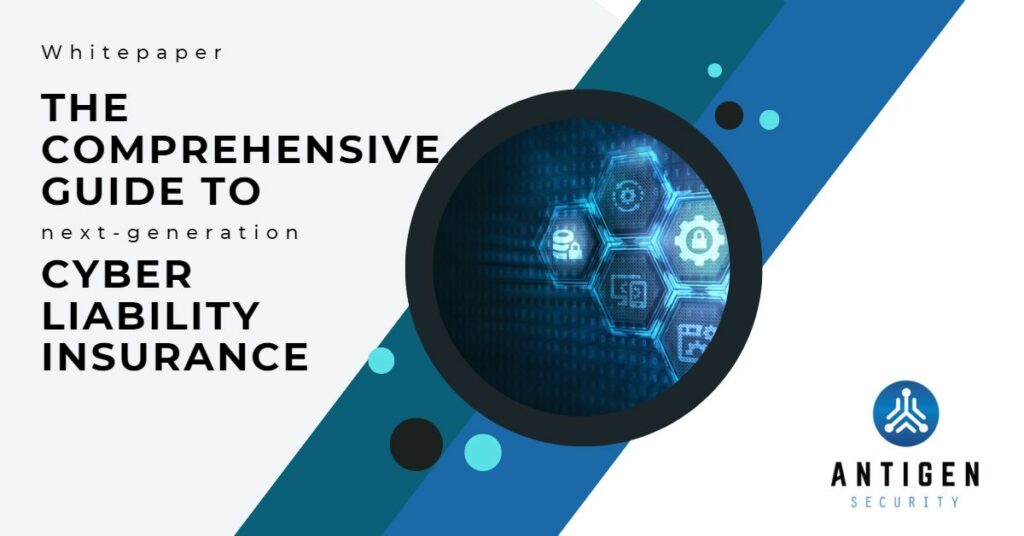Blitz News Digest
Stay updated with the latest trends and insights.
Cyber Liability Insurance: Your Digital Umbrella Against Data Storms
Protect your business from data disasters with cyber liability insurance. Discover the ultimate digital shield today!
What is Cyber Liability Insurance and Why Do You Need It?
Cyber Liability Insurance is a specialized form of insurance designed to protect businesses from the financial repercussions of cyberattacks and data breaches. In today's digital age, the threat of cyber incidents is ever-present, making it crucial for companies to safeguard not only their data but also their financial assets. This type of insurance typically covers expenses related to data recovery, legal fees, notification costs for affected customers, and even liabilities resulting from the loss of personal information. As the frequency and sophistication of cyber threats continue to rise, the importance of having adequate cyber liability insurance cannot be overstated.
So, why do you need cyber liability insurance? The answer lies in the growing complexities of the digital landscape where every business, regardless of size, is vulnerable to cyber threats. A single data breach can lead to significant costs, impacting not only your company's finances but also its reputation. According to industry statistics, the average cost of a data breach can reach into the millions, depending on the severity and scale of the incident. By securing cyber liability insurance, businesses can mitigate these risks and ensure that they have the financial backing needed to recover and protect their operations in the event of a cyber incident.

Top 5 Benefits of Cyber Liability Insurance for Your Business
Cyber liability insurance is becoming an essential safety net for businesses of all sizes, especially as cyber threats continue to evolve. One of the top benefits of this insurance is that it helps cover the costs associated with data breaches. This includes notifying affected customers, providing credit monitoring services, and addressing public relations issues. With data breaches becoming more common, having financial support can ease the burden and allow businesses to recover more quickly.
Another significant advantage is the legal protection it offers. In the event of a cyber incident, businesses can face lawsuits from affected parties. Cyber liability insurance can cover legal fees, settlements, and other legal expenses, which can be financially devastating if not managed properly. Furthermore, many policies also assist with compliance when it comes to data privacy regulations, ensuring that your business meets necessary legal standards and avoids further penalties.
How to Choose the Right Cyber Liability Insurance Policy
Choosing the right cyber liability insurance policy is crucial for protecting your business against the increasing threat of cyberattacks. Start by assessing your unique needs; consider the size of your company, the type of data you handle, and your industry’s specific risks. Cyber liability insurance typically covers data breaches, network security failures, and privacy violations, so it's essential to evaluate what coverage is necessary for your operations. Create a list of potential risks your business faces, and then research policies that specifically address these concerns.
Once you have identified your needs, it’s important to compare different policies. Look for an insurance provider that offers comprehensive coverage with a clear understanding of what is included in the policy. Pay attention to the policy limits, deductibles, and exclusions, as these factors will significantly impact your coverage. Additionally, consider the provider's track record and customer service reputation. Reading reviews and testimonials can provide insight into how they handle claims and support clients in the event of a cyber incident.